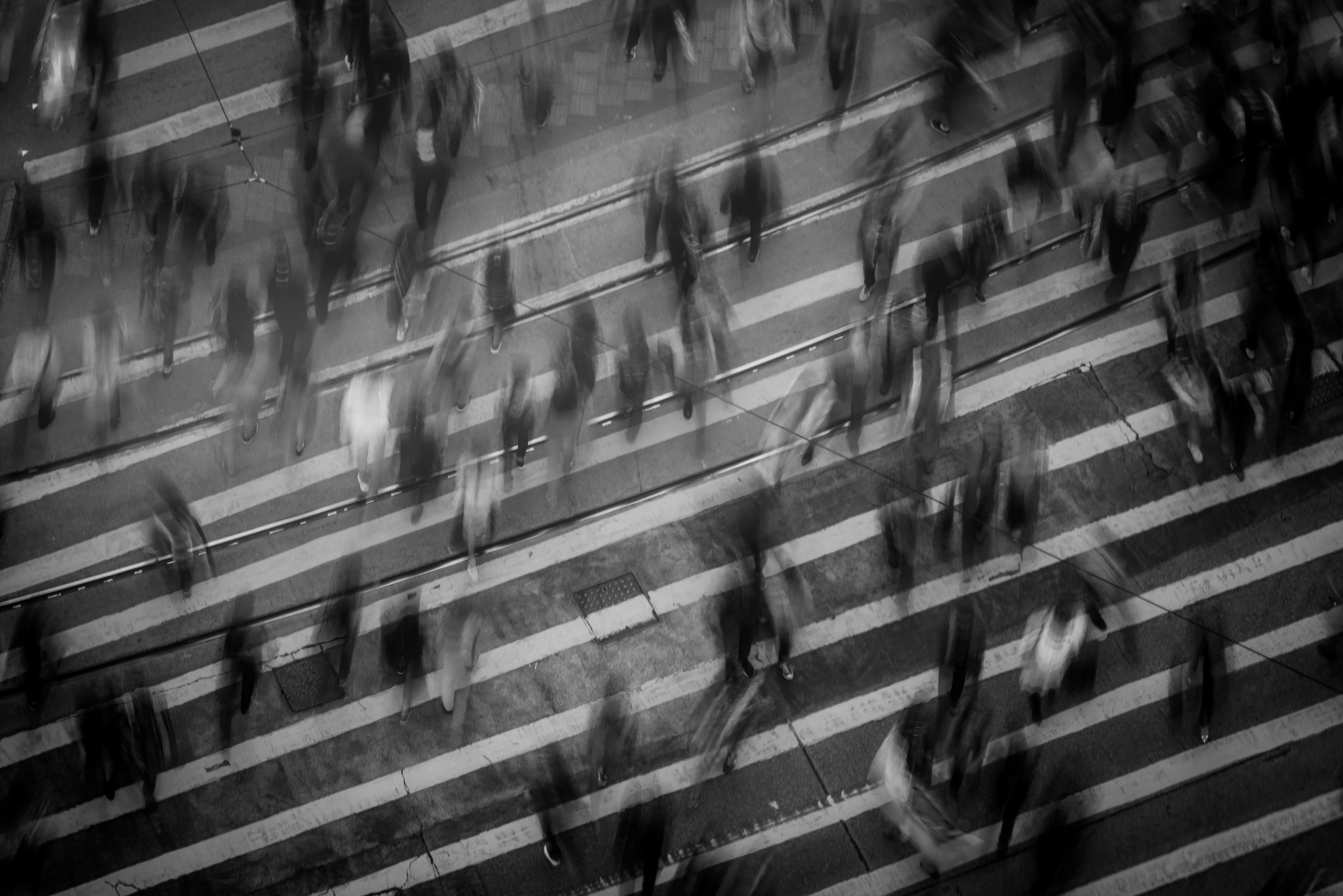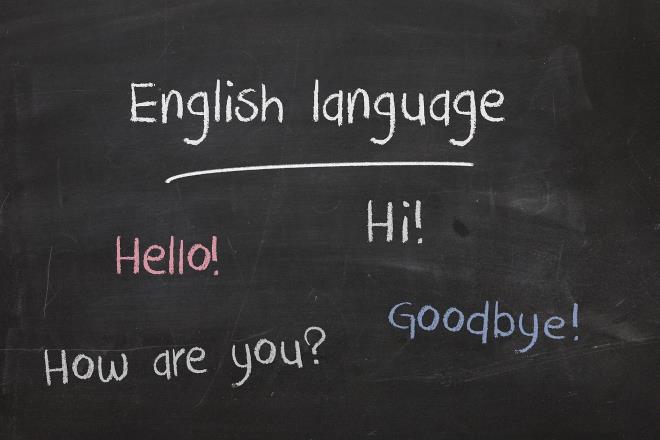The Emergence of Slow Movement: A Response to Modern Society's Pace of Life
Introduction: In a world characterized by speed, stress, and constant connectivity, an emerging societal trend is offering an antidote. The Slow Movement advocates for a more mindful, deliberate pace of life. It is a cultural shift with profound implications for our well-being and societal structures. Read below to delve into the origins, significance, and impact of the Slow Movement.

The Origins of the Slow Movement
The Slow Movement originated in Italy in the late 1980s as a protest against the opening of a McDonald’s in Rome. This event sparked what would later be known as the Slow Food Movement, an advocacy for the preservation of traditional and regional cuisine and a slower pace of life. Since then, the Slow Movement has expanded to encompass various aspects of life, including travel, parenting, and technology.
Slow Movement in Modern Society
In today’s fast-paced world, the Slow Movement is gaining momentum. This trend is a response to the pressures of modern life, marked by constant connectivity, multitasking, and a relentless pursuit of efficiency. It encourages a mindful, deliberate approach to tasks, promoting quality over quantity and the enjoyment of the present moment.
The Societal Impact of the Slow Movement
Adopting a slower pace has far-reaching implications. It challenges the prevailing societal norms that equate speed with success and productivity. The Slow Movement advocates for a more balanced approach to life, recognizing the value of downtime and the importance of mental health. It emphasizes the need for sustainable living, advocating for practices that are not only good for the individual but also beneficial for the community and the environment.
The Slow Movement and Personal Well-being
Numerous studies have linked a fast-paced lifestyle with increased stress levels, poor mental health, and reduced quality of life. The Slow Movement, with its emphasis on mindfulness and intentionality, can contribute to improved well-being. It encourages individuals to connect with their inner selves, to cultivate meaningful relationships, and to engage fully with their surroundings.
The Future of the Slow Movement
As our society continues to grapple with the stresses of modern life, the Slow Movement will likely continue to gain traction. It represents a cultural shift towards a more balanced, sustainable, and mindful approach to living. As we navigate the complexities of the 21st century, the Slow Movement provides a refreshing perspective that challenges us to reevaluate our priorities, our pace, and our approach to life.
In conclusion, the Slow Movement offers a powerful counter-narrative to our fast-paced society. It advocates for a more thoughtful, deliberate way of living that values quality over speed and mindfulness over multitasking. While it is not a panacea for all societal woes, it represents a significant cultural shift with the potential to improve our individual well-being and collective societal health. As we continue to explore the complexities of modern life, the Slow Movement serves as a reminder of the importance of slowing down, reflecting, and appreciating the world around us.




